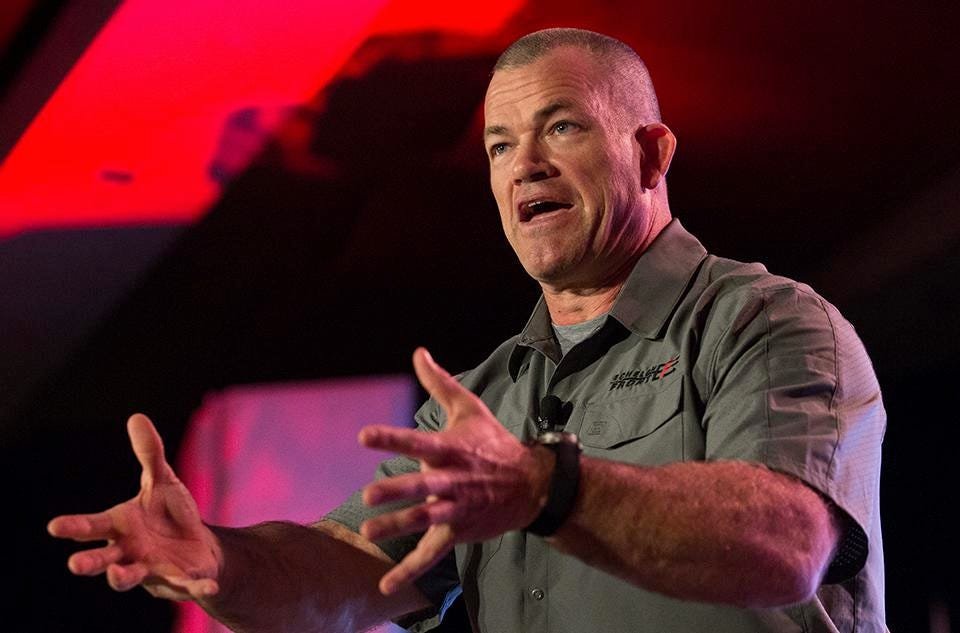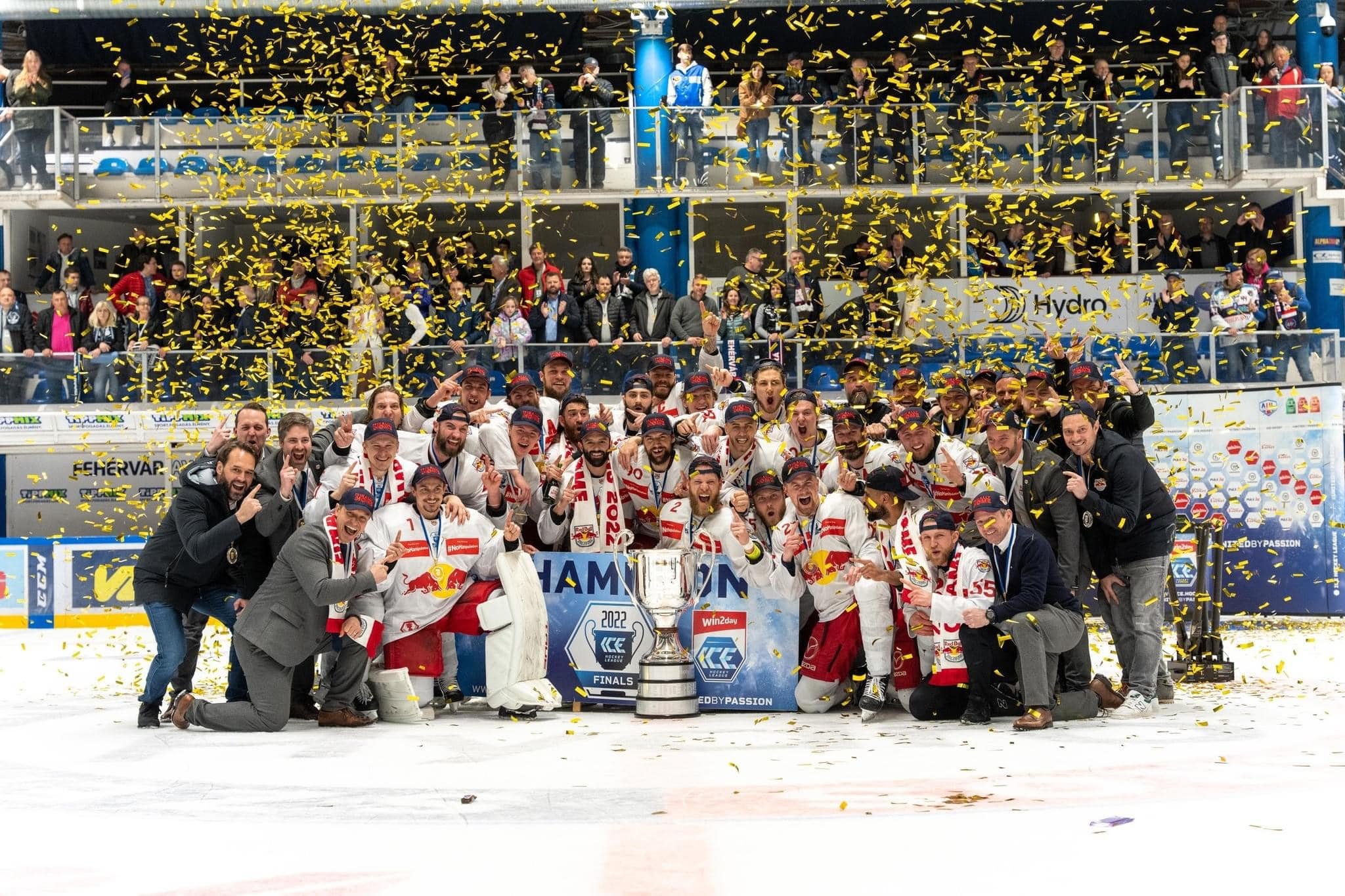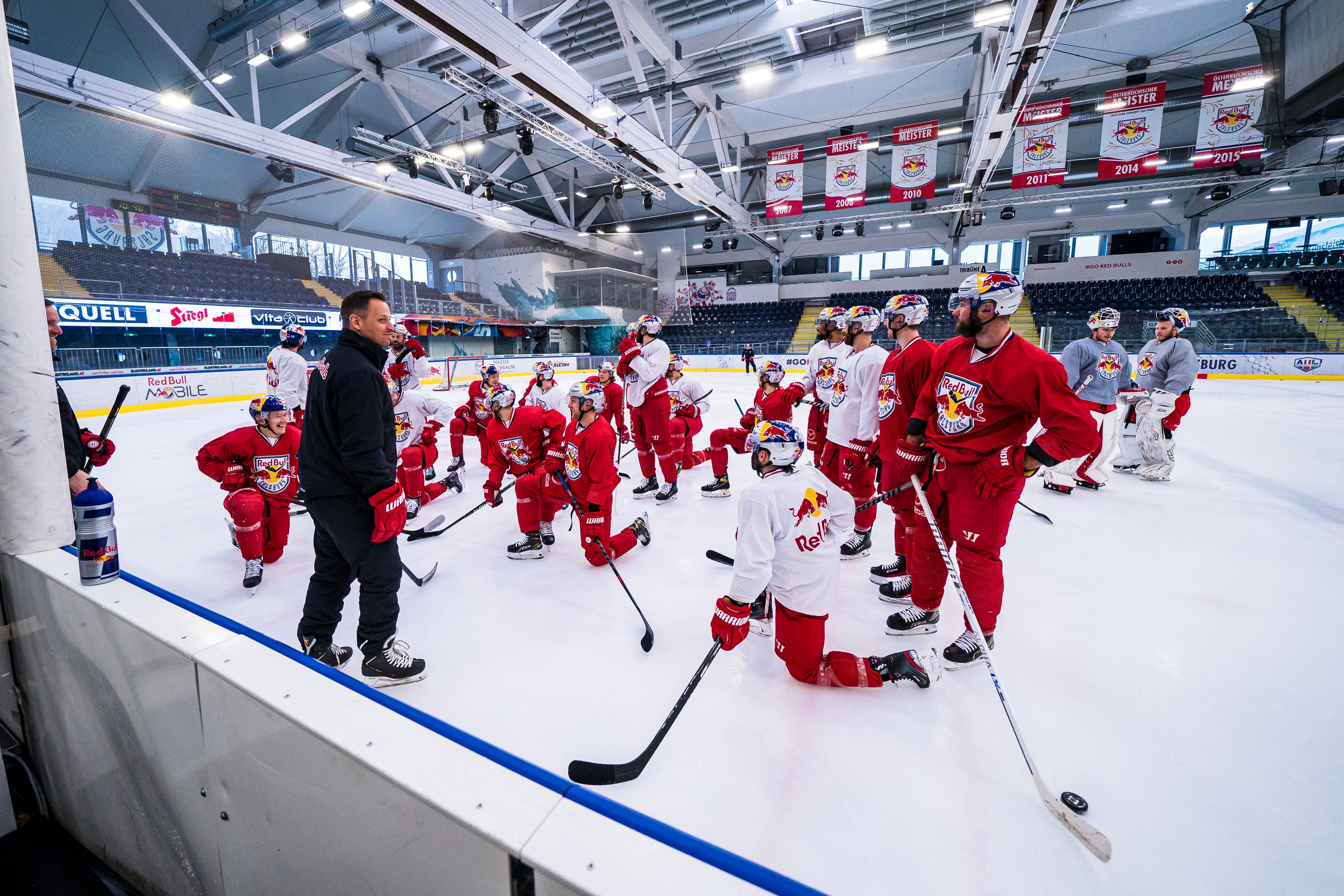"Systems of Thought" - Installment 6
Leadership
“Don’t make excuses, don’t blame any other person or any other thing. Get control of your ego. Don’t hide your delicate pride from the truth. Take ownership of everything in your world, the good and the bad.” -Jocko Willink
I’m grateful for the opportunity to publish my ideas. My goal with these blog posts is to instill the important virtues of the position into a system that can be learned by anyone who is willing to put in the time. I have titled our series “Systems of Thought” because they can be learned. They’re systems that work. James Clear said “If you’re struggling to reach your goals, maybe the problem isn’t the goals but the systems in place to reach those goals.” The ideas I’m trying to teach are tried and true methods tested and researched by psychologists and put into a framework for my goalies to use. My experience playing the position has influenced how I’ve packaged these systems so that they are applicable to goalies of any age. I’ve put these ideas into my own game and have seen what has worked. If you read last months post, you should remember defining the feedback loop (try, fail, try differently). Using the feedback loop over the course of the last 20 seasons is how I can confidently package the “Systems of Thought” and teach it to the next generation of goaltenders.
If you are a JPL Goalie, you understand what being #focused is all about. You’ve learned how to prepare and execute which puts you into a position of leadership amongst your team. With this post, I wanted to talk in depth about what qualities make the best leaders.
Jocko Willink
Jocko Willink is a retired US NAVY Seal who has a popular podcast and books, and does leadership consulting for Fortune 500 companies and pro sports teams. I’m going to lean on the messages from his book, Extreme Ownership, for what makes the best leaders as well as how I’ve used that information to systemize my leadership virtues.
Jocko bluntly says, “There are no bad teams, just bad leaders.” Bad Leaders, deflect responsibility in response to protecting their ego. Any failure is a reflection of their own self worth and as a reaction to that, they deflect criticism (and in some cases put the responsibility of succeeding onto others). In contrast, the best leaders take “Extreme Ownership” of every aspect of the mission. Their ego is in check. A failure on ice doesn’t mean it’s a reflection on you as an individual. Leaders can effectively acknowledge their mistakes, admit failures, take ownership of the good and bad, and develop a plan to win from all of the above.
An example of leadership in the locker room would be admitting to a bad goal against between periods. You might say “Hey, that 1st goal was on me guys, but next period I’ve got a big save for you!” In this example the goalie is not afraid to admit a mistake in front of his or her peers. They’re showing confidence in themselves and their ability to bounce back. This will create positive momentum for the rest of the group to rally behind their goalie, with things like “You know what, I had a bad turnover for the goal against, I’ll be better next period too!” This small gesture turned a situation where one person took extreme ownership of a bad play into the rest of the group taking ownership of their role in the period. Players are looking inward for answers; not outward. Moments like this in locker room can be cornerstone moments in a season where things go in a positive direction.
Mackinger Photography
Incorporating into Goaltending:
I believe good leadership isn’t always about wearing a letter or being a leader because your coach says so. I really believe it’s doing the right thing when it matters. You never know when the big moments are going to come. Reminding yourself of things that are in/out of your control are important in reacting the right way during the big moments. I am constantly reminding myself that I can control my preparation, body language, and compete level. If I consistently prepare the right way before practice and games… I’m a leader. If I show positive body language and don’t pity myself when things don’t go my way… I am a leader. If I can “repeat the compete” consistently… I am a leader.
If big moments come for you towards the end of the season, and you find that you don’t react the best way, it’s ok. Awareness is the first step into changing a habit or behavior. Remember the leadership framework. Preparation, Body Language, and Compete Level. When the next big moment comes, be excited for it. Because you have the tools to make the difference when it matters. During moments of stress and pressure, a mantra you can lean on is, “Stay on task, next task.” Ask yourself, What is the most important thing I need to do right now?
I will end this post with something my coach here in Salzburg, Matt McIlvane, talked about as we began the season. We recently went through our selection process of who our captains are going to be for this season and, within our meeting, we discussed what leadership looks like for our group. In his opinion, leadership follows two rules.
They are:
1.) It’s not about you and
2.) It’s only about you.
Mackinger Photography
What he means is that when the team experiences adversity, it doesn’t matter how you feel about it. It does not serve yourself or the team best if you think how does this affect me or feeling sorry for yourself. Lastly, when he says it’s only about you, he means that through tough times, your personal choices matter. Controlling your perceptions, actions, and willpower through struggle will create a positive direction for the team or a negative one. These rules for leadership resonate with me because as goalies we know the sting of giving up a goal that can cost the game. I can look inward for answers or point outward for excuses. Preparation, body language, and compete level are ways to lead through action. Lead through action and your teammates will follow and pick you up when you need it.
-JP-
This month’s reading suggestion: Extreme Ownership by Jocko Willink



